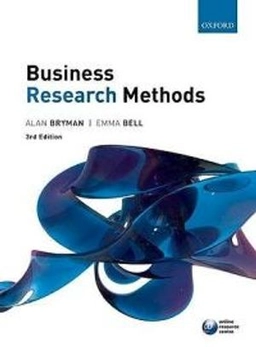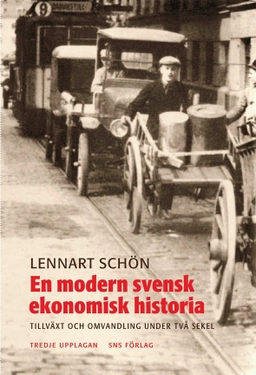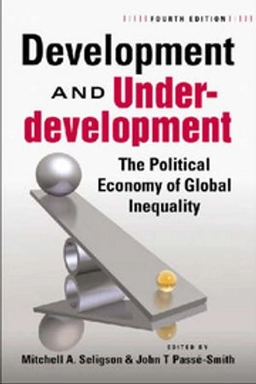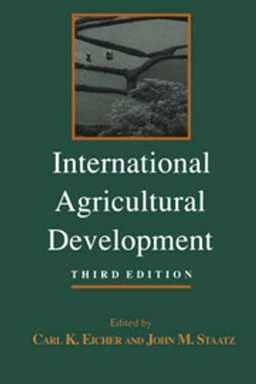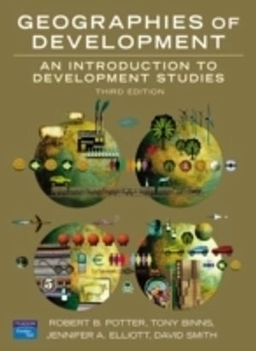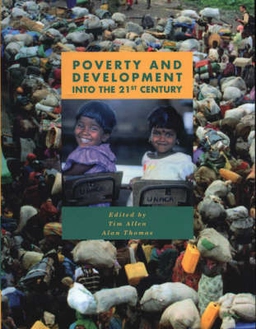Explores development through historical narrative and examines the globalization/development paradox through in-depth case studies.
In his Fifth Edition of Development and Social Change: A Global Perspective, author Philip McMichael examines the project of globalization and its instabilities (climate, energy, food, financial crises) through the lens of development and its origins in the colonial project. The book continues to help students make sense of a complex world in transition and explains how globalization became part of public discourse.
Filled with case studies, this text makes the intricacies of globalization concrete, meaningful, and clear for students and moves them away from simple social evolutionary views, encouraging them to connect social change, development policies, global inequalities and social movements. The book challenges students to see themselves as global citizens whose consumption decisions have real social and ecological implications.
Key Features:
a world-historical perspective that situates globalization in the declining fortunes of the postwar development project, and considers current global limits and possibilities
a political perspective that views development and globalization as discursive practices managed by historic elite groupings, as mechanisms of power and world ordering
an ecological perspective drawing attention to the environmental consequences of development and attempts to reintegrate social life in ecological cycles
an emphasis on resistance and social movements as actors shaping the meaning and direction of these projects, in addition to building alternatives
a series of case studies that allow in-depth examination of development/globalization dilemmas and paradoxes to interrupt the idea of a linear process.
New to the Fifth Edition:
developmental impacts of the rise of the BRICS
structural adjustment and new inequalities come to the global North
'de-growth' philosophies
the re-centering of agriculture in light of the food, energy and climate crises
land-grabbing and biofuels
green technologies and climate proofing
transition towns and re-localization
new democratic movements.
Åtkomstkoder och digitalt tilläggsmaterial garanteras inte med begagnade böcker


